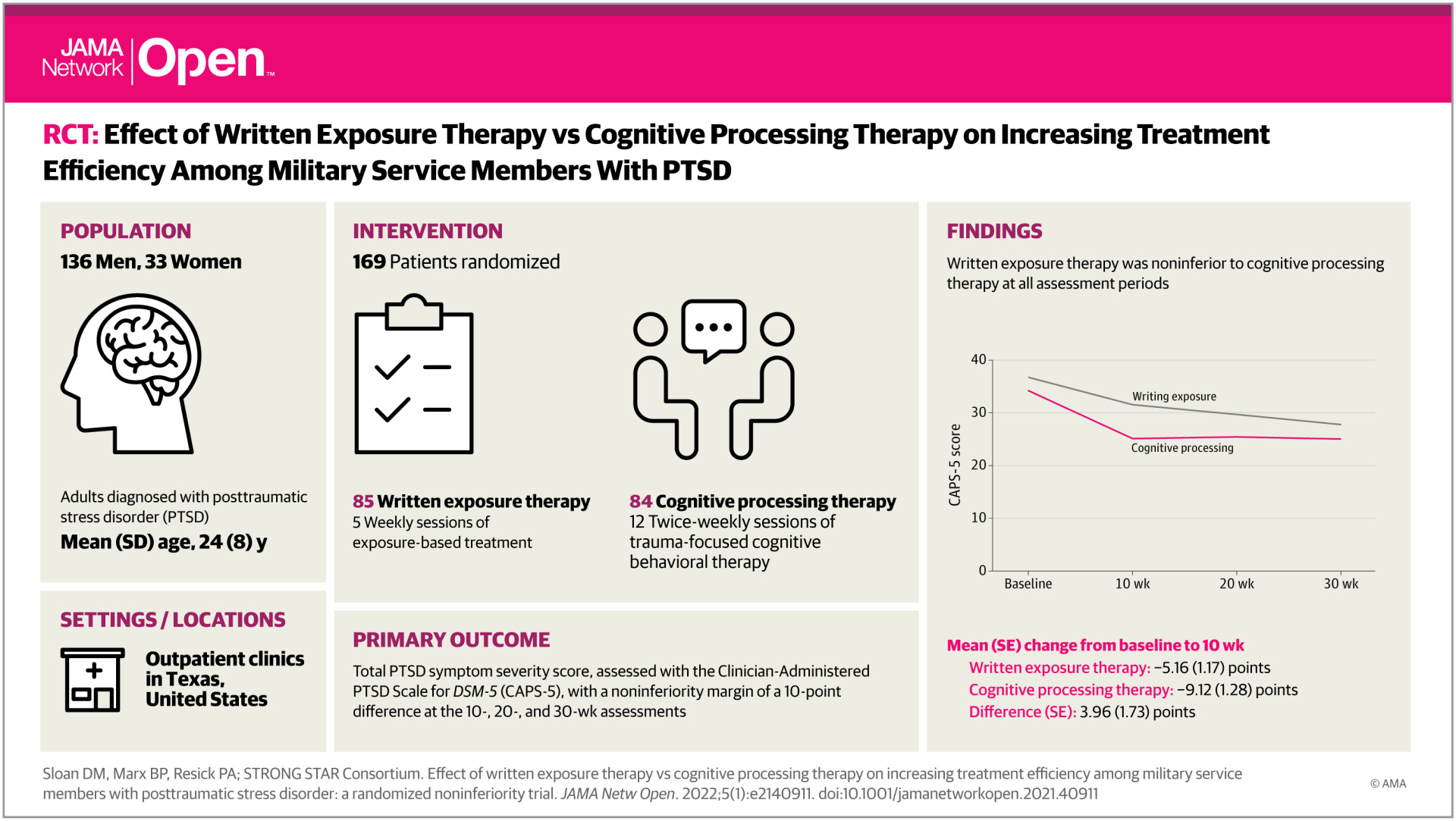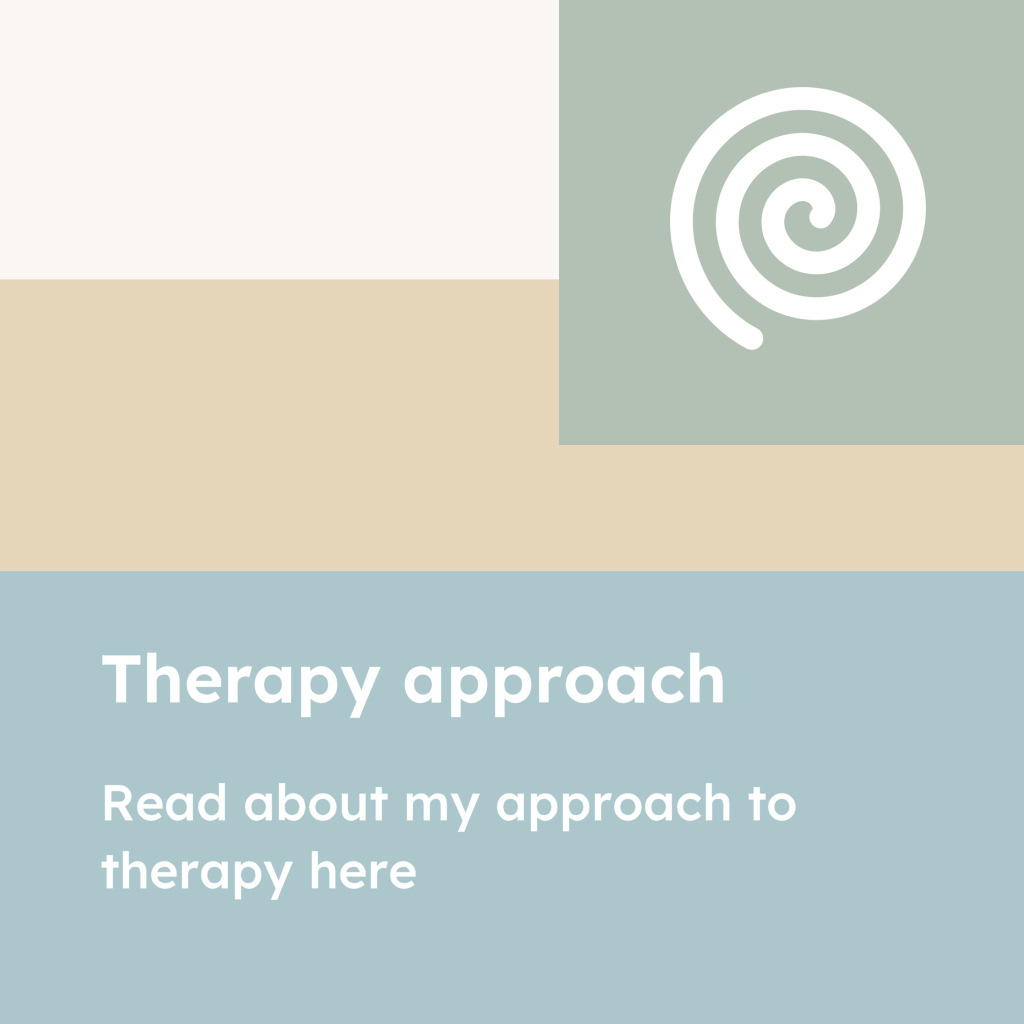Writing can help us from trauma
According to research, the average dropout rate for PTSD therapies across different clinical trials is around 20%. Written Exposure Therapy (WET) is a brief, trauma-focused intervention that leads to significant reduction in PTSD symptoms.
Over the course of five writing sessions, patients participating in WET are directed to write about a traumatic experience in detail, paying particular attention to their thoughts and emotions that occurred at the time of the event. The first session of WET requires approximately 1 hour and the subsequent four sessions require approximately 40 minutes each.
Understandably, you may feel uncomfortable writing about your trauma, but the feelings are usually fleeting, and the distress will be less intense as you keep doing WET. In fact, most people who complete WET find that the benefits outweigh any initial discomfort. And there are no between sessions assignments.
WET is both efficient and tolerable. Moreover, WET, which is currently being recommended by the Veterans Administration/Department of Defense Clinical Practice Guideline, differs from other trauma-focused psychotherapies in its cost-efficiency and low treatment drop out. Findings to date indicate WET is effective for patients who have severe and chronic PTSD symptoms, and psychiatric comorbidity, such as depression and substance use disorders. Moreover, WET is comparably effective at significantly reducing co-morbid depression symptoms among individuals with PTSD as other well-known but more intensive trauma-focused therapies, such as Cognitive Processing Therapy and Prolonged Exposure Therapy.
At least since the late 1980s, there is research evidence that writing about traumatic events helps improve physiological arousal and negative moods. This “therapeutic exposure” helps you confront trauma reminders until they no longer create psychological distress. In fact, writing about the most distressing event generally leads to the best treatment outcome. But the quality of the writing does not matter—what matters is that the writing confronts the trauma memory.
If you have experienced a traumatic event, you probably think about what you went through all the time, as if you have no power to control your memories or how your body to reacts to internal or external reminders. Instead, WET is a highly structured treatment that helps control the trauma memories rather than pushing the thoughts away, over and over again.






